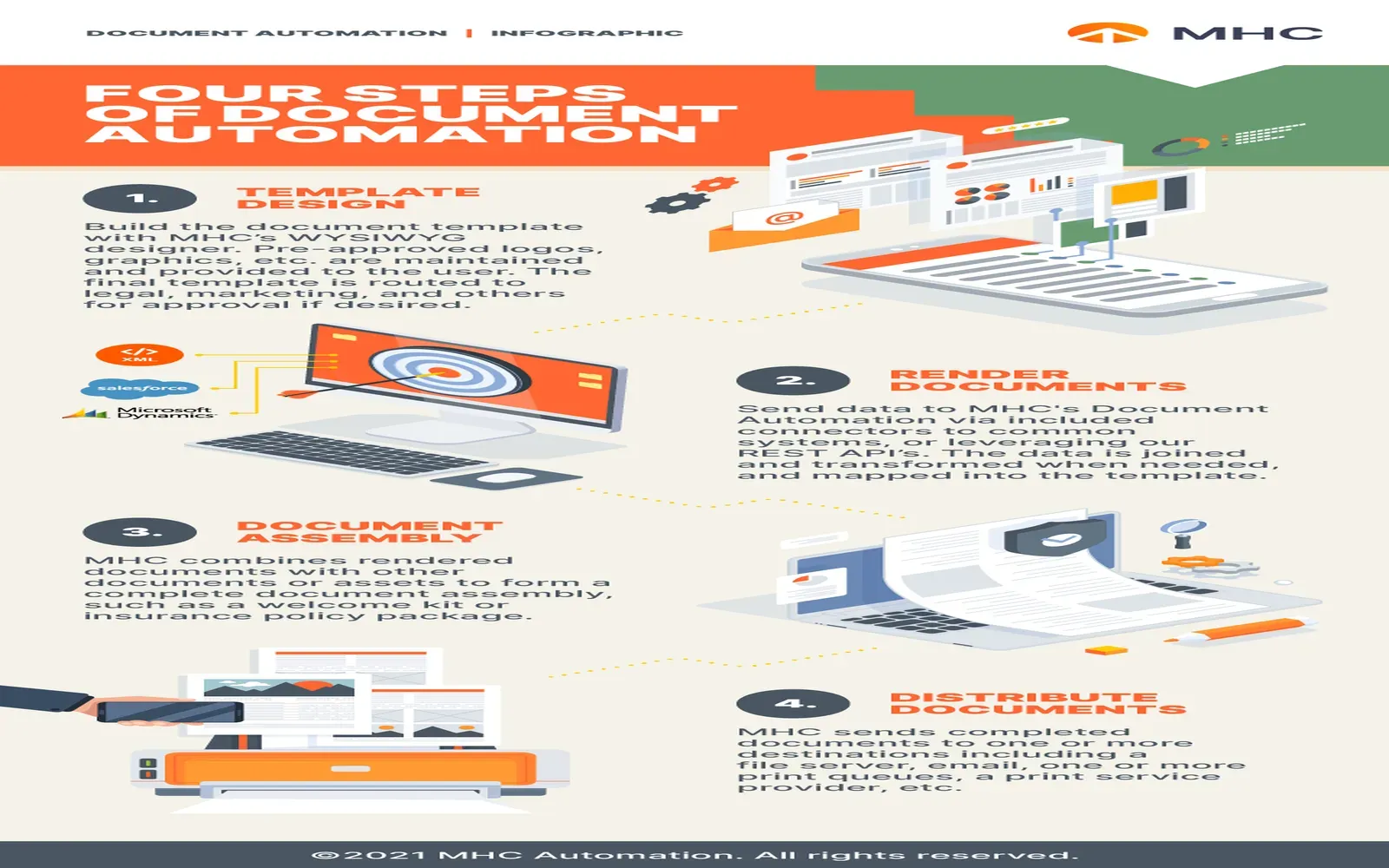Document control is an essential process in any organization, ensuring that all documentation is accurately managed, stored, and retrieved when needed. With the rise of automation technologies, improving document control has become more efficient and streamlined. In this article, we will explore ''four ways to enhance document control with automation'', providing insights into how these methods can transform your workflow.
1. Implement Document Management Systems (DMS)
One of the most effective ways to improve document control is by implementing a ''Document Management System (DMS)''. A DMS allows organizations to store, manage, and track electronic documents and images of paper-based information. By automating the document storage process, organizations can reduce the time spent searching for documents, minimize errors, and enhance compliance with regulatory requirements. Key features of a DMS include:
| Feature | Description |
|---|---|
| Version Control | Tracks changes made to documents, ensuring that the latest version is always accessible. |
| Search Functionality | Allows users to quickly find documents using keywords or tags. |
| Access Controls | Restricts document access based on user roles to maintain confidentiality. |
By utilizing a DMS, organizations can significantly streamline their document control processes, making it easier to collaborate and share information securely.
2. Automate Document Workflows
Another way to enhance document control is by automating document workflows. Workflow automation tools can help manage the lifecycle of documents from creation to approval and distribution. This not only speeds up the process but also ensures that all stakeholders are informed and involved at each stage. Benefits of automating document workflows include:
| Benefit | Description |
|---|---|
| Increased Efficiency | Reduces the time taken to process documents by eliminating manual tasks. |
| Improved Accuracy | Minimizes human errors that can occur during manual handling of documents. |
| Enhanced Accountability | Tracks who accessed or modified documents, providing a clear audit trail. |
With automated workflows, organizations can ensure that their document control processes are not only efficient but also compliant with industry standards.
3. Utilize Cloud Storage Solutions
Cloud storage solutions are becoming increasingly popular for document control as they offer flexibility and scalability. By migrating to cloud-based systems, organizations can store documents securely and access them from anywhere, promoting collaboration among remote teams. Key advantages include:
| Advantage | Description |
|---|---|
| Accessibility | Allows users to access documents anytime and anywhere, facilitating remote work. |
| Cost-Effectiveness | Reduces the need for physical storage solutions, lowering overhead costs. |
| Automatic Backups | Ensures that documents are regularly backed up, protecting against data loss. |
By leveraging cloud storage, organizations can significantly enhance their document control processes, ensuring that all team members have access to essential documents while maintaining security and compliance.
4. Implement Electronic Signature Solutions
Implementing ''electronic signature solutions'' is another powerful way to improve document control. These solutions allow organizations to obtain signatures on documents electronically, streamlining the approval process and reducing the need for physical paperwork. The benefits of using electronic signatures include:
| Benefit | Description |
|---|---|
| Faster Approvals | Accelerates the signing process, allowing documents to be approved in real-time. |
| Enhanced Security | Provides a secure method of signing documents, reducing the risk of fraud. |
| Eco-Friendly | Reduces paper usage, contributing to environmental sustainability efforts. |
By integrating electronic signature solutions into the document control process, organizations can improve efficiency, security, and overall compliance while reducing their environmental footprint.
In conclusion, improving document control with automation is essential for organizations looking to enhance efficiency, accuracy, and compliance. By implementing a ''Document Management System'', automating workflows, utilizing cloud storage, and adopting electronic signature solutions, businesses can streamline their documentation processes and focus on core operations. Embracing these technologies will lead to better management of documents, ultimately driving success in today’s fast-paced business environment.





